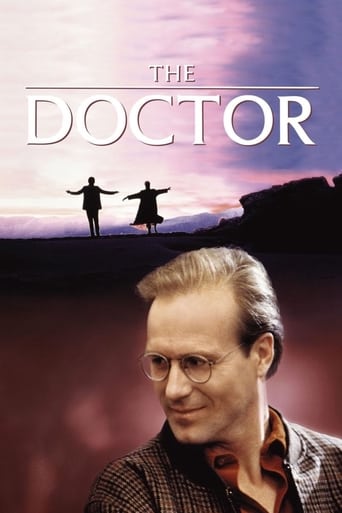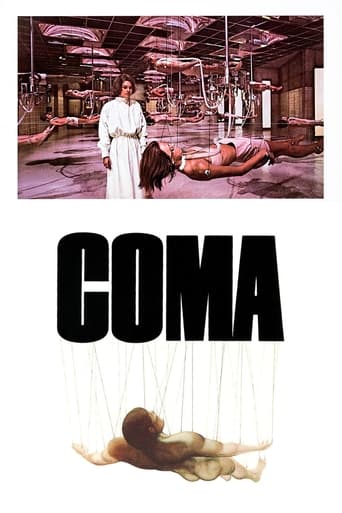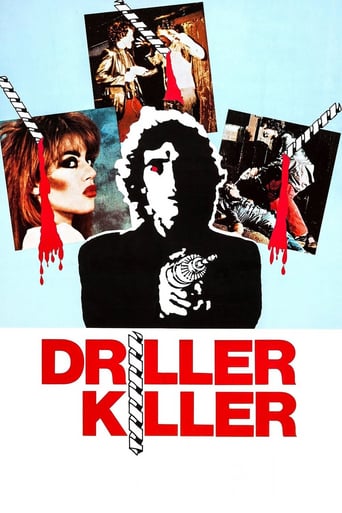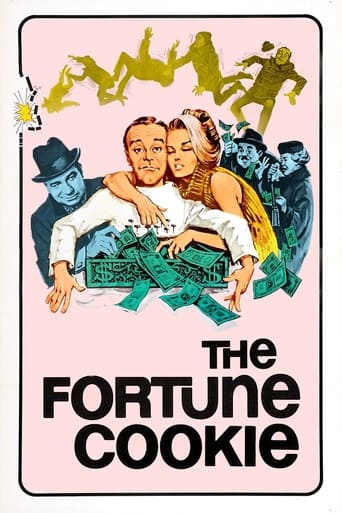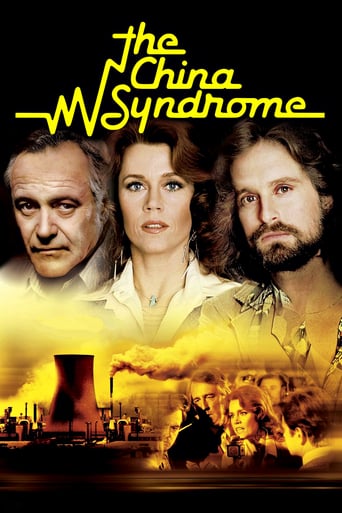


The China Syndrome
While doing a series of reports on alternative energy sources, opportunistic reporter Kimberly Wells witnesses an accident at a nuclear power plant. Wells is determined to publicize the incident, but soon finds herself entangled in a sinister conspiracy to keep the full impact of the incident a secret.
-
- Cast:
- Jane Fonda , Jack Lemmon , Michael Douglas , Scott Brady , James Hampton , Peter Donat , Wilford Brimley


Similar titles
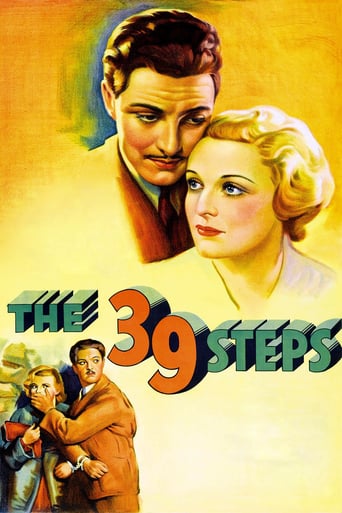



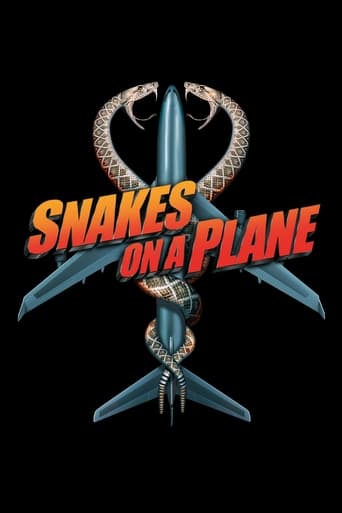
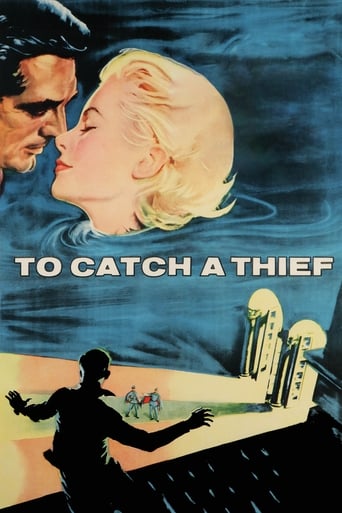
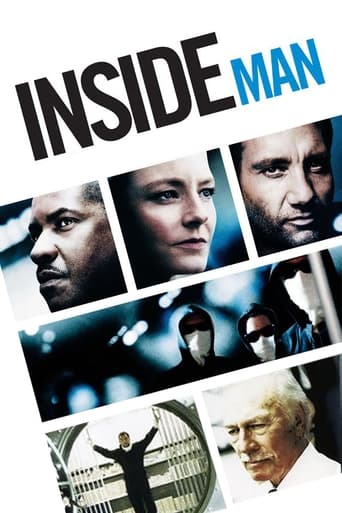
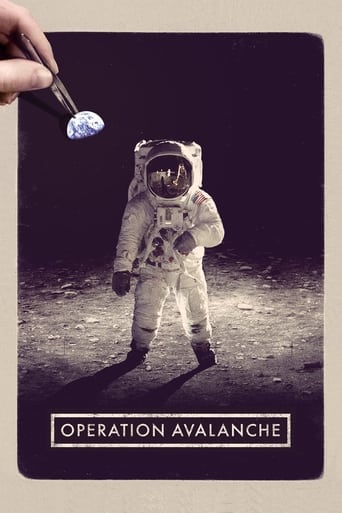


Reviews
Admirable film.
The performances transcend the film's tropes, grounding it in characters that feel more complete than this subgenre often produces.
If the ambition is to provide two hours of instantly forgettable, popcorn-munching escapism, it succeeds.
Actress is magnificent and exudes a hypnotic screen presence in this affecting drama.
The China syndrome starts with a bang- Jane Fonda and Michael Douglas are at a nuclear power plant when something goes wrong and they manage to capture it on camera. What follows is an investigation into the cover ups that ensues to make sure there is no panic. All the actors are very good here- Douglas and Fonda as the determined young reporters, Jack lemmon as the shift supervisor who unfortunately gets the blame. The pacing is great and the opening scene with the meltdown are genuinely terrifying.
In the sixties, Jane Fonda took roles where she was beautiful, charming, and a little silly. In the seventies, she took charge. If you like her in strong, feminist roles, you'll like her in The China Syndrome. She plays a reporter who, in the words of the trailer, is "paid to smile, not to think", and while she's visiting a nuclear power plant with her cameraman Michael Douglas, they witness an emergency shutdown.If you've seen the famous clip of Jack Lemmon looking at his shaking cup of coffee, you've seen a clip from this movie. He plays a supervisor at the plant, but when he notices something's wrong, his superiors refuse to listen to him. While the three leads try to fix and expose the problems that could potentially kill millions of people, they're stifled and threatened at every turn. If you like thrillers that try to take on the establishment like Three Days of the Condor or Fail-Safe, you'll love this tense drama that snagged four Oscar nominations, for actor, actress, original screenplay, and set direction. I don't usually like movies like this, because they're a little too scary for my taste, but give it a watch and see what you think.
No need to recap the plot, nor echo consensus points on the excellence of the production. Instead, I want to single out three topical threads that drive much of the drama and remain relevant in our own day.One thread is the shaping of public consciousness by mainstream media. The conflict here is between a breaking crisis at a nuclear power plant and how that gets reported, if at all. Understandably, Godell (Lemmon) and allies feel that ordinary cautions about law-suits and bureaucratic procedures must be overridden in order to prevent the plant from starting up again and risking apocalypse. On other hand, Well's (Fonda) TV station must concern itself with risking major liability if Godell turns out to be a crank, which the power company is insisting upon. So where does the station's responsibility lie. In the movie there's little time to sort out these concerns, so the station's honchos must make snap decisions.Another thread is the conflict between personal conscience and practical concerns. Godell is a central figure here, along with reporter Wells. Godell loves the plant and the services it provides. On other hand, he must wrestle with growing realization that the plant's safety features are fatally flawed. Thus he moves through stages of personal involvement until finally engaging whole-heartedly in exposing the dangers to a TV audience. Similarly, Wells moves through stages from cushy denial to putting her job and life on the line in support of Godell going on TV. But can Godell be so certain of his conclusion. There's no time to verify since the power company insists on starting up again.And lastly is the question of power itself, both literally and figuratively. Power, considered literally amounts to electricity to run our many modern conveniences (the movie's microwave oven), generated here by the nuclear power plant. Shutting it down would also mean shutting down an entire community including the TV station. Figuratively, the leverage amounts to who ultimately wields power within the society itself. We see elements of this crucial question revealed by the basic conflict over whether the plant is shut down or not. To me, the contest here is between an element of the 70's counter-culture, the bearded Richard (Douglas), along with in-betweeners like Wells and Spindler (Brimley), and the suits concerned foremost with company investments, especially the planned new plant up the coast. Note how the imperious board-chairman (Herd) peers down from above into the control room where the action is. Note too how he commands an armed security attack force, a lethal arm of corporate power where the power really is. Thus, I can't help but see elements of 60's counter-culture helping to shape this 1978 production. However, these echoes shouldn't be allowed to consign the perennial threads to a bygone time. Fashions may have changed, along with a new digital age that's loosened MSM's grip on public information. Still, these underlying threads, so powerfully dramatized in the film, remain among the underlying conflicts of our own age. For example, apocalyptic climate change is controversial, emerging as both an individual and collective issue. All in all, the movie amounts to a harrowing interweaving of such basic themes, thanks to a stellar cast, screenplay, and production crew. So don't miss it.
I recently caught this film on TCM (though I own it on DVD). It was released 35 years ago to this day, yet it still holds a resonance today.In a nutshell, the film can best be summarized as this: A TV reporter and her camera crew in Los Angeles travel to a local nuclear plant to cover a story about how nuclear power works. Basically, it's a PBS special crammed into a few minutes; a educational time-filler, if you will. When they uncover is an accident narrowly avoided; a simple story becomes personal as they set out to expose what they witnessed in the hopes of stopping it from happening again before the next mistake takes a turn for the worst.But "The China Syndrome" is about more than that.It is about the politics of journalism. It's about the sensationalism of it, achieved through market research; grim news is briefly summarized, then never heard about again. The minutes are spent more on weather, sports, and the time-fillers that populate the final ten-to=fifteen minutes of the average newscast- the kind done in the vain hopes of putting a smile on the viewers' face by the end of the show.Which brings us to this point: it's about sexism. Kimberly Wells (played by Jane Fonda) is the reporter on call when a tiger's birthday is being celebrated, or special human telegrams commemorating special events in life are in need of a spotlight. When she's given the go to cover the workings of a nuclear facility, she and her cameramen (played by (also producer) Michael Douglas and Daniel Valdez) are given a tour of the Ventana power plant... and what is captured on camera could hold the key to saving many lives.They witness the makings of an accident that's only contained in the nick of time by shift supervisor Jack Godell (played by the late, great Jack Lemmon) and his able-bodied team. The news crew decides to run with the story, thinking it will give attention to the catastrophe... and possibly promote Kimberly into the big time.Unfortunately, there's one thing standing in her way: her boss (played with menace, at least I feel that way, by Peter Donat). Not only does he seem worried about the legal and emotional reverberations this story will cause, but he thinks the market research loves her where she is: at the bottom of the journalism food chain. Fortunately, however, Kimberly will stop at nothing to rise above the muck and make sure the accident is brought to light."The China Syndrome" is about greed. Godell learns not only are the valves old; so are the x-rays. He tries to convince his superiors that the situation needs to be fixed before it gets out of hand and too late to stop; but they refuse to listen because of the money involved (it would cost $20 million to fix, which is very expensive by 1979 standards). They will risk lives (not realizing that even they are vulnerable) if it means being rich beyond their wildest dreams.But most importantly, "The China Syndrome" is about power. Not just nuclear power, mind you, but the power that greed and fear jointly fuse together to represent. There is another power at hand, the power that Godell must take into his own hands to be heard, taking the facility at gunpoint and demanding to speak to Kimberly. By the climax of the film, it's not about Godell or Kimberly, it's about the people, whose safety lies in their hands.There's no happy ending here; the fact that there's no score throughout the film and the end credits symbolizes the silence Godell has been forced into- but then again, there wasn't supposed to be. Again, I point out, it's about power; a power we are susceptible to, a power we are sometimes gullible to. We can lie victim to it, or like Godell, Kimberly, and her cameraman, we can do something about it.If Participant (a production company that produces films relevant to the happenings in today's society) had existed around 1979, they would have wanted to "take part" in this.The film was almost ignored... until the Three Mile Island incident days later that this film echoed, with quite a haunting similarity. This echo kept some from seeing it out of fear of the prophecy this film highlighted; however, it left some curious; what could we have learned from this that may have helped us cap the situation for real before it could even start? It leads me to believe this: through the power of cinema, Columbia Pictures and the filmmakers predicted a real-life disaster before anyone else did. We, as news makers, as nuclear workers, maybe as politicians, or, like me, as ordinary people, couldn't comprehend what they were trying to say. Now, it's too late. (PG)




